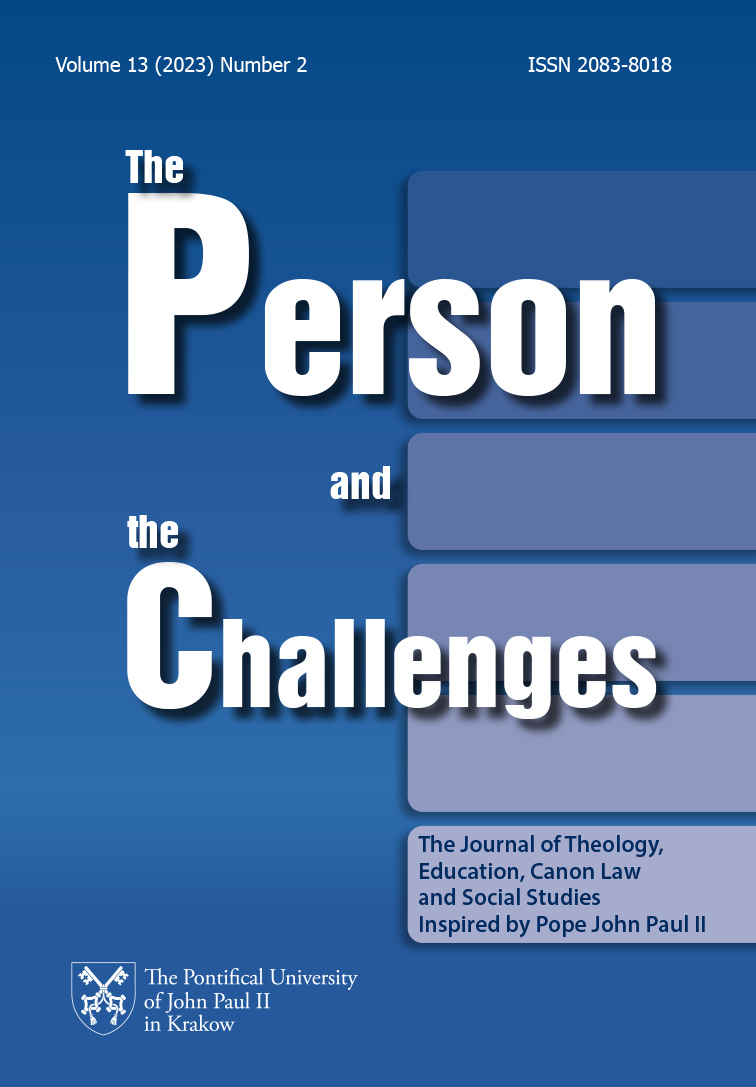Change Readiness and Positive Orientation in Professional Helpers in the Polish Welfare System during the COVID-19 Pandemic
DOI:
https://doi.org/10.15633/pch.13206Keywords:
COVID-19 pandemic, change readiness, positive orientation, welfareAbstract
The COVID-19 pandemic is undoubtedly a crisis situation, which means that the lives of persons experiencing it will never be the same as before. Professional helpers are faced with numerous challenges related to the change in their work flow, the need to modify strategies, work methods and tools, or to the switch from on-site to remote work. In this context, professional helpers’ resources are of considerable importance, as they constitute an important part of the welfare system. The analysis of the results of previous studies suggests that social workers’ change readiness and positive orientation not only may increase their professional effectiveness, but may even foster better quality of life. The present study investigated positive orientation and change readiness, as important predictors of professional functioning of persons in the sample group. The questionnaires were distributed among 189 professional helpers working in the Polish welfare system. The response rate was 98% (the final sample consisted of 185 persons) The results show that most subjects are characterized by the below-optimal levels of all the analyzed traits of the change readiness, but high and medium levels of positive orientation. The groups differed from one another in terms of adaptability (difference close to statistically significant). Change readiness and positive orientation may constitute important resources for professional helpers. Long service, being married, and a low level of change-readiness revealed in the presented study, may indicate that change-readiness is a general tendency in specific individuals, and is not dependent on the nature of changes themselves. The results may prompt a search for relations between personality factors and change-readiness.
References
Caprara G.V., Alessandri G., Eisenberg N., Prosociality: The Contribution of Traits, Values and Self Efficacy Beliefs, “Journal of Personality and Social Psychology”, 102(6) (2012), pp. 1289–1303.
Caprara G.V., Positive orientation: Turning potentials into optimal functioning, “The Bulletin of the European Health Psychologist”, vol. 11 (2009) no. 3, pp. 46–48.
Caprara G.V., Steca P., Affective and Social Self- Regulatory Efficacy Beliefs as Determinants of Positive Thinking and Happiness, “Eur Psychol”, vol. 10 (2005) no. 4, pp. 275–286.
Caprara G.V., Steca P., Alessandri A., Abela J. R., McWhinnie C.M., Positive orientation: explorations on what is common to life satisfaction, self-esteem, and optimism, “Epidemiol Psichiatr Soc.”, vol. 19 (2010) no. 1, pp. 63–71.
Carr A., Positive Psychology. The science of happiness and human strengths, New York 2004, Hove.
Czechowska-Bieluga M., Poczucie zadowolenia z życia pracowników socjalnych – w socjopedagogicznej perspektywie uwarunkowań pełnionej roli zawodowej, Lublin 2013, UMCS.
Kriegel R., Brandt D., Sacred Cows Make the Best Burgers. New York 1996, Warner Books.
Łaguna M., Oleś P., Filipiuk D., Orientacja pozytywna i jej pomiar: polska adaptacja skali orientacji pozytywnej, “Studia Psychologiczne”, vol. 49 (2011) no. 4, pp. 47–54.
Lubrańska A., Gotowość do zmiany na przykładzie badań przedstawicieli kadry kierowniczej, “Acta Universitatis Lodziensis. Folia Psychologica”, vol. 15 (2011), pp. 3–16.
Paszkowska-Rogacz A., Tarkowska M., Metody pracy z grupą w poradnictwie zawodowym. Warszawa 2004, Krajowy Ośrodek Wspierania Edukacji Zawodowej i Ustawicznej.
Downloads
Published
Issue
Section
License

This work is licensed under a Creative Commons Attribution 4.0 International License.
Authors who publish with this journal agree to the following terms:
- Authors retain the copyright and full publishing rights without restrictions, and grant the journal right of first publication with the work simultaneously licensed under a Creative Commons Attribution 4.0 International License that allows others to share the work with an acknowledgement of the work's authorship and initial publication in this journal.
- Authors are able to enter into separate, additional contractual arrangements for the non-exclusive distribution of the journal's published version of the work (e.g., post it to an institutional repository or publish it in a book), with an acknowledgement of its initial publication in this journal.
- Authors are permitted and encouraged to post their work online (e.g., in institutional repositories or on their website) prior to and during the submission process, as it can lead to productive exchanges, as well as earlier and greater citation of published work (See The Effect of Open Access).

